Revenue Management System: Outsourcing Financial Decisions
Have you ever frozen at the prospect of a big financial decision? Or felt so burned out that actually even a tiny choice has felt overwhelming? Running any business comes with — what can feel like — an onslaught of financial this-or-that. A revenue management system alleviates some of that pressure by making data-driven choices.
It’s easy to see why so many people are jumping to invest in this intelligent software. The innovative technological approach promotes a logical, rational decision-making process. You can fall back on this software whenever you need to take straightforward action. It cuts out the hassle of indecision and keeps a constant analytical eye on the ball.
In this guide, we’ll introduce you to the system where business owners outsource some of their financial decisions. Get ready for thorough definitions, key benefits to consider, potential uses, budgeting insights, and more.
In less than ten minutes, you’ll know whether or not revenue management systems are suitable for you. Let’s get started!
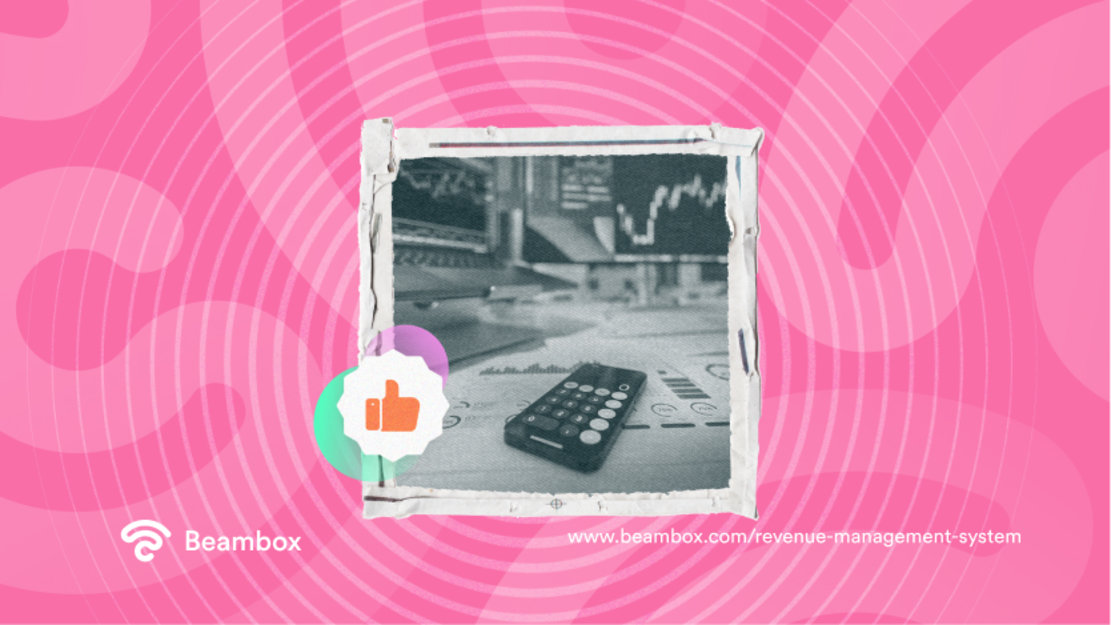
What Is a Revenue Management System?
A revenue management system is software that uses intelligent technology to aid and make decisions for a business. This could include anything from controlling variable pricing to rival competitor pricing and market trends to reporting on purchase patterns. Revenue management is all about tweaking your business and its operations to promote more profit — the software just automates this.
You typically purchase revenue management systems by paying a monthly subscription rate. The exact fee varies wildly; some of the best software ranges from $15 to $599. It just depends on what features you want.
There are some legal frameworks, like SMS compliance, that require a professional human touch. However, the thing about revenue is that optimization decisions are often more flexible. There could be a better answer, but officially speaking, there’s not as much “right or wrong.” It’s all about using the data around you.
Perhaps because of this, some business owners eventually hit freeze mode, struggling with decision-making paralysis. Revenue management software can automate data-driven decisions, like using yield management to adjust hotel room prices based on occupancy rate. Business owners could never monitor this and balance all their other responsibilities, so you can see the appeal.
A management system doesn’t have to take automated and independent action, though. Alternatively, it can also collect information to display in analytical reports.
This data collection just helps to optimize human choices, conducting the necessary information to make life easier. Decision fatigue is a real thing, so don’t underestimate how useful this can be.
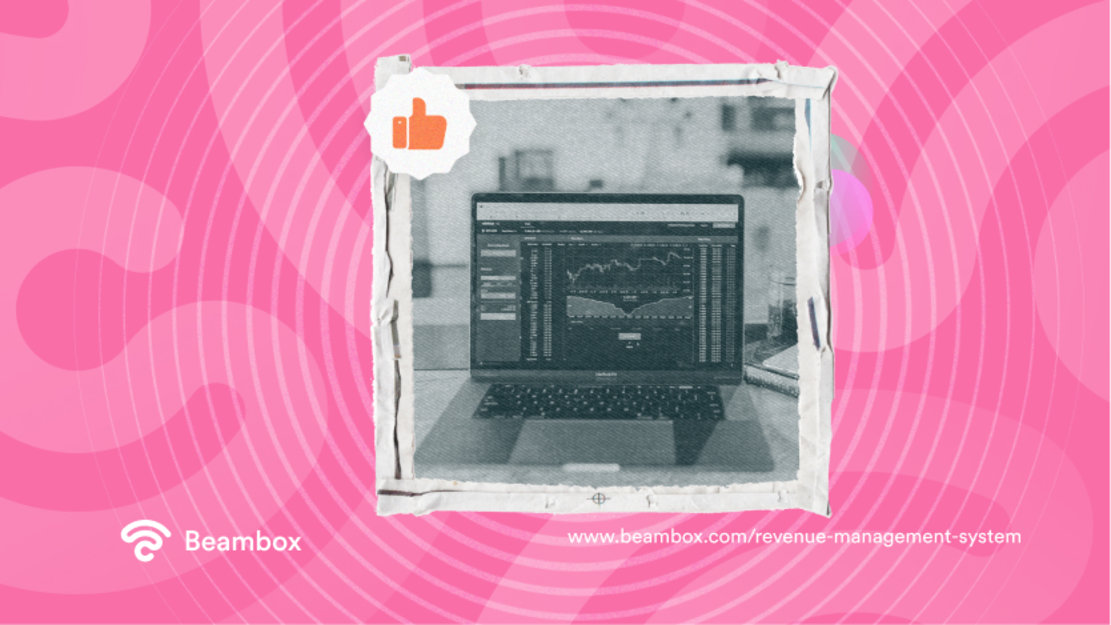
5 Reasons to Use Revenue Management Systems
We’ve touched lightly on a few of the benefits of using revenue management software just in our definition. But, honestly, there’s a lot to unpack. This is one of the most advanced technological investments you can make for your business. It’s a great way to revolutionize your relationship with revenue.
With all this in mind, check out these five leading reasons to take the plunge and invest in revenue management. H3: 1. Optimize Profits Through Flexible Prices One of the biggest reasons to use this strategy is that it increases the money you make from your business. This careful level of management is fantastic for optimizing profits.
Automated variable pricing allows you to set your rates perfectly. It allows you to stay tactical with pricing, making the most money in the smartest way.
These are just a few ways that revenue management boosts profit:
- Aligning pricing with demand.
- Identifying revenue opportunities where you can spike average rates.
- Cutting back on unnecessary costs.
- Improving the business competitively against other companies.
2. Monitor Customer Behavior
Understanding customer behavior is vital if you want to boost customer lifecycle value. It takes optimizing profits just that extra step further. You shift from simply adjusting figures to understanding your customer base better to target marketing engagement more effectively.
This software monitors customer behavior (like purchase patterns, email engagement, and peak times). Constant monitoring creates a database of information and forecasting predictions, resulting in better insights into future customer behavior and demand.
This is a massive benefit of using management software, so use it wisely. It’s like gold dust for launching more effective marketing campaigns. It even benefits day-to-day interactions, like knowing when to send emails.
3. Monitors Profit Margins
Break-even analysis is not the most fun thing to conduct. Even one-off things like event venue profit margins can be difficult to calculate.
Keeping track of all those tiny details and invoices while actually organizing events is tough. Investing in software that handles this for you can feel like a godsend — no matter the occasion.
The most crucial thing in business is that you’re actually safely sailing over your profit margins. Having software that constantly monitors that is a huge benefit. It keeps that information consistently accessible and means you can get current updates in real-time. That’s great for accountability if nothing else.
Of course, all that talk of profits leads us to something else…
4. Reallocating Budgets
Not all areas of your business will require the exact same budget at all times. At some point, you’ll have to reallocate. Like managing profit margins, constant monitoring and feedback is the best way to do this.
Budget demands and constraints are ever-flowing and evolving. With the help of software, you’ve always got an eye on the general overview. If you’re suddenly not spending money optimally, the system will flag it immediately. As the channel manager, you can approve changes or orchestrate a suitable reallocation.
This level of hyper-vigilance is nearly impossible to maintain with human monitoring. That consistency of software tracking is a huge bonus when optimally managing your budget.
5. Analyze Competitors
Analyzing your competitors isn’t just something to do when you launch your business. It’s a valuable tool for ensuring that your business continues to attract enough customers.
Think about it, if a cafe down the road sells the exact same drink for $5 cheaper, what will happen? Sure, if you know about it, you could offer some premium elements to justify the price difference. Or lower your prices or open a loyalty program for long-term savings.
But what if you don’t know about it. Then, you just gradually lose a large proportion of customers.
Conducting regular competitor analysis is vital to avoid situations like these. Management software makes this easy. You can outsource the task and let the software quietly monitor competitors in the background.
A huge benefit of managerial revenue systems is that they take the legwork out of analysis. You have valuable competitor details just a single click away.
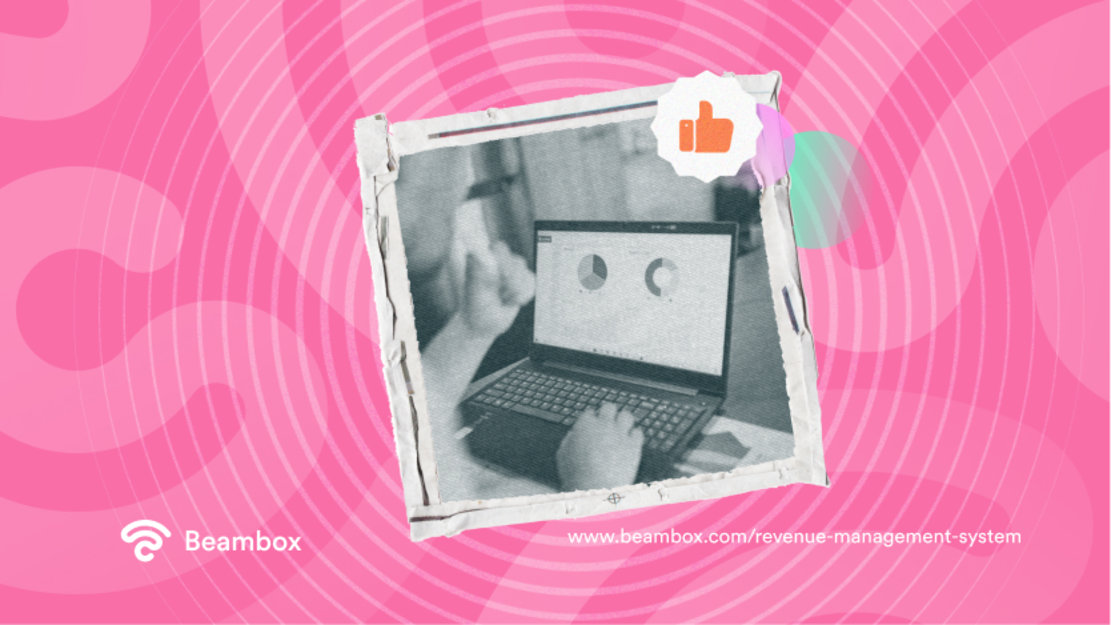
Using a Hotel Revenue Management System
Hotel revenue management can be tricky. There’s lots to consider, from competitor rates to the profitability of direct bookings versus third-party reservations and occupancy rates. Running a hotel can feel like walking a (particularly wobbly) tightrope.
It’s not just about setting food prices and focusing on getting people over the threshold. Room rates are often more tactical, and your competitors definitely impact them.
Because of all this, utilizing a hotel revenue management system is such a good idea. In the hospitality industry, you’ll already see businesses using automatic variable pricing systems. The concept of automating hotel revenue management has already taken flight and reached high popularity.
Good software might monitor and conduct the following tasks for a hotel business:
- Evaluate competitor pricing and adjust comparable rooms as necessary.
- Forecast future booking patterns.
- Highlight marketing potential and prompt outreach to boost bookings in low periods.
It’s helpful to have the reassurance of someone — or something — other than yourself monitoring your revenue.
Whether or not the system acts on its analysis or simply provides you with reports, it saves your energy. It’s a chance to be more effective and boost profit without sacrificing more of your time. Hooray for passive investment in performance optimization.
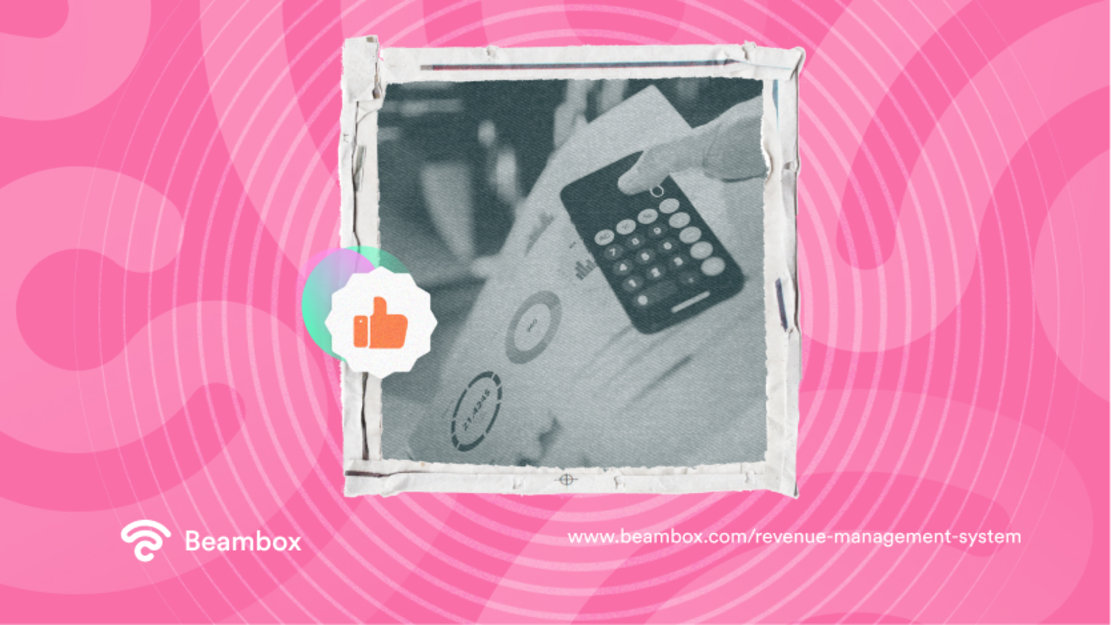
3 Ideas: Revenue Management System Uses
If you’re looking for business improvement ideas, revenue management system uses are great to research. By now, you know all about how beneficial this software is. The real question is how do you put that into practical action.
These are the top three ways you can use revenue management software to improve your business operations. Who doesn’t want extra profit?
1. Variable Pricing
Variable pricing is by far the most impressive feature and use of this software. The power to adjust your prices is incredibly tactical. You could be nabbing the profit right from under your competitor’s noses.
A good revenue management system tracks things like peak booking times through forecasting and rival rates through competitor analysis. In just a second, we’ll dive into both forecasting and analysis.
However, for now, know that using an automated variable pricing setting is a fantastic way to utilize management software. It’s just that extra attention to detail and offers more flexibility.
2. Forecasting
A fantastic use for revenue software is forecasting behaviors and patterns. Imagine if retailers didn’t know they’d get busy at Christmas or if flower shops didn’t know about Valentine’s Day frenzies. Forecasting matters.
With the proper forecasting, you can prepare your inventory for optimal profit making. And the right software can monitor your business to note down the busiest times and prompt you with preparation reminders. It’s a great way to track patterns you would otherwise miss.
3. Competitor Analysis
Let’s be honest: Nobody has the time to crawl through pages upon pages of competitor content. It’s a task you dedicate hours to when starting a business, but your dedication to upholding it trundles off. Because of this, it’s one of the best uses for your new revenue-managing software.
While you focus on more human-reliant tasks, your software can gather insightful details about your competitors. For instance, your system could collect information on their prices, engagement, and location.
It’s like sending out a spy to gather all the precious intel. Usually, you’ll get some sort of graph-incorporating report or dashboard to review the findings.
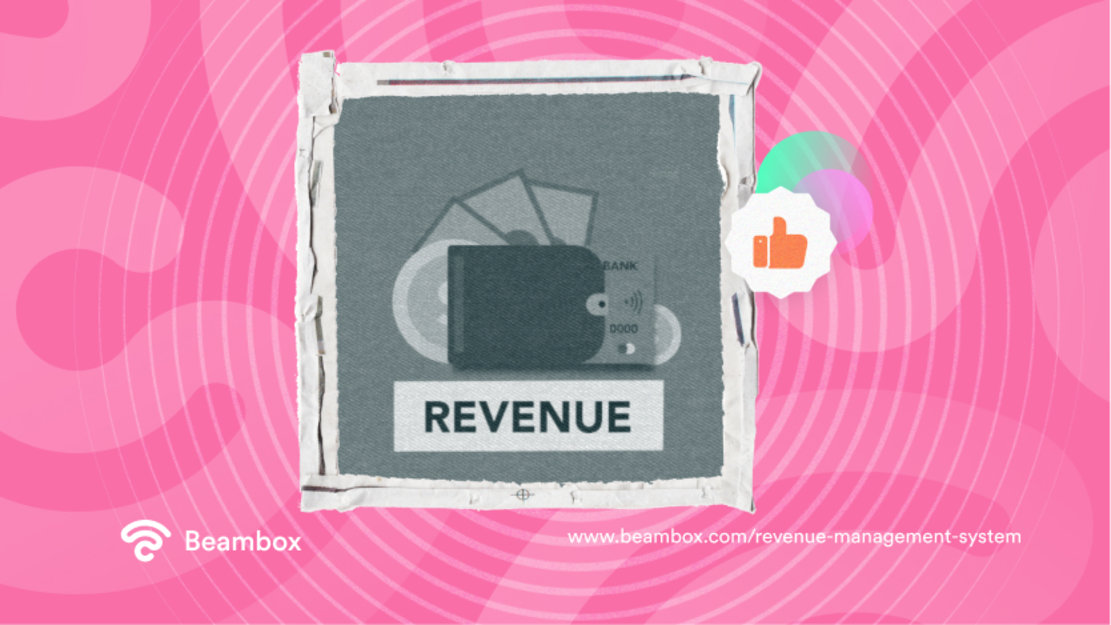
What’s the Cost?
Budget at least $20 a month for a subscription-based software solution. There are lots of revenue marketing software out there; it’s just about finding the right fit for you. PriceLabs is a good example, costing upwards of $19.99 a month, including flexible automation and customizations.
Generally, the more features and automation you want, the more expensive the software will be. If you’d like custom software created for you, this price quickly rises to around six figures. Because of this, most small to medium-sized businesses will want to subscribe to an existing software instead.
If you don’t invest in a software solution, remember that you’ll be handling this manually. Revenue management is a term every hospitality worker should know.
So, if you’re on the fence about subscribing, ask yourself how much money your time is worth. Once you reach a certain point of growth, it makes sense to outsource some of the decision-making legroom.
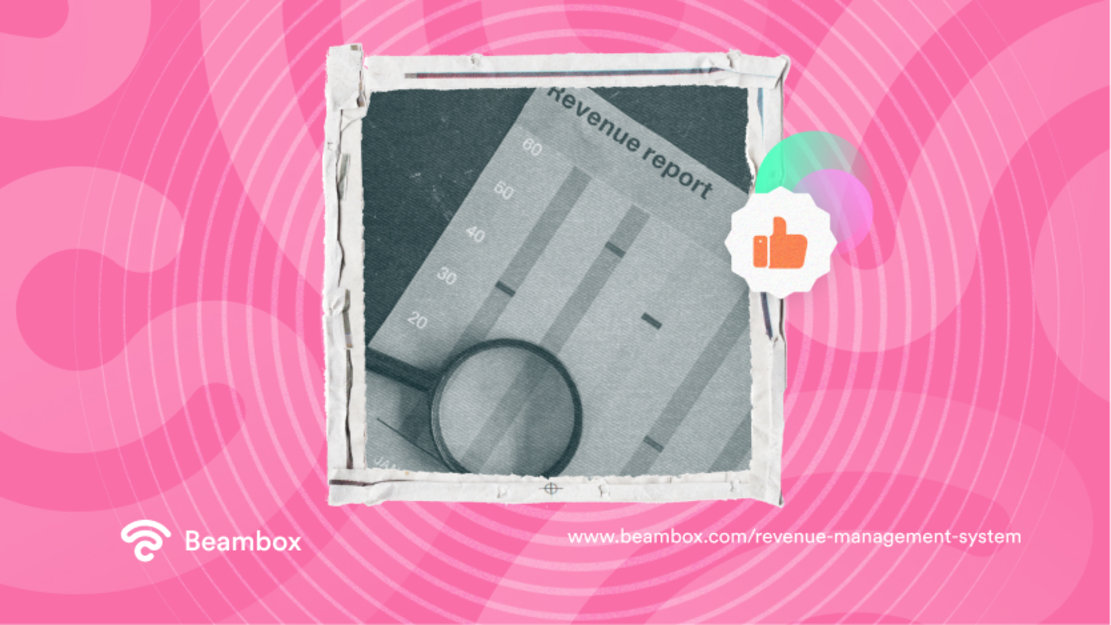
FAQ
Revenue management is incredibly beneficial for businesses of all shapes and sizes. The power to outsource is extremely valuable.
Of course, with so much responsibility, it’s only natural that you’d have more questions about these systems. Before you rush off, we’d advise paying close attention to these common FAQ. You never know what snippet of information could optimize your business.
What is a revenue management system?
A revenue management system is an intelligence software that performs a series of automated optimizations and forms data analysis reports. For instance, it could monitor and carry out variable pricing or it could perform regular competitor analysis.
It is valuable for businesses that want to adjust their prices or monitor their rates in comparison to their industry. Hotels particularly benefit from these systems, as they have so much to consider in terms of occupancy rates and competitors.
What is a revenue cycle management system?
The revenue cycle specifically monitors operations from beginning to end. As an umbrella term, you can personalize and adapt it per industry and even per business.
However, a good example is how you might monitor revenue from bookings and website traffic to upselling at the POS. Or tipping and post-dining reviews at restaurants. It’s about monitoring everything in different stages throughout your guest experience.
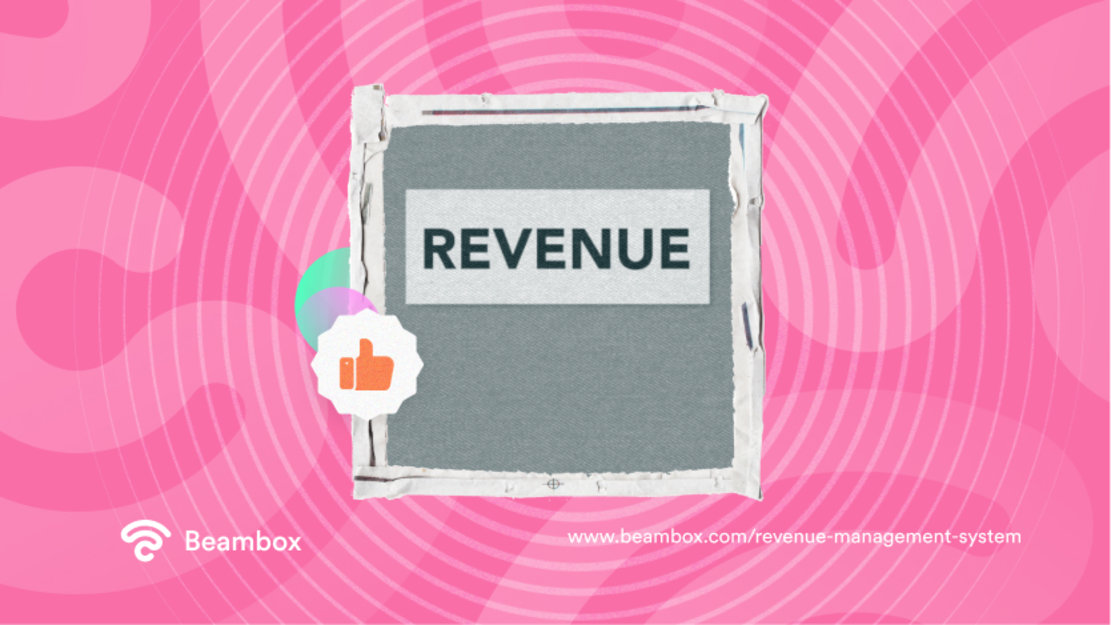
Beambox: Adding More Passive Processes
The great thing about revenue management systems is that they’re passive. That is, you get immense value out of them without sacrificing too much of your time or money. There’s so much this software can do without your involvement, from adjusting a room’s daily rate to evaluating market conditions. Wave goodbye to decision burnout and overwhelm-caused migraines.
Once you set up excellent revenue software, look for other ways to promote passive management in your business. A really fantastic strategy to consider is captive portal marketing.
A captive portal is a web page barricade that pops up when a customer tries to join your guest WiFi. Instead of allowing immediate access, it opens a form you can customize to request specific details. It’s a great method to collect email addresses for email marketing campaigns or mobile numbers for SMS strategies.
You can passively funnel all these valuable contacts into a database so you can utilize them in later marketing campaigns. How handy would a ready-made business email list be? It’s a great way to get ahead of the game.
At Beambox, we can facilitate this for you. We offer an all-in-one WiFi marketing platform with a customizable portal for collecting valuable marketing details.
Start your Beambox free trial today and build more passive strategies to boost your business alongside your revenue management system.



